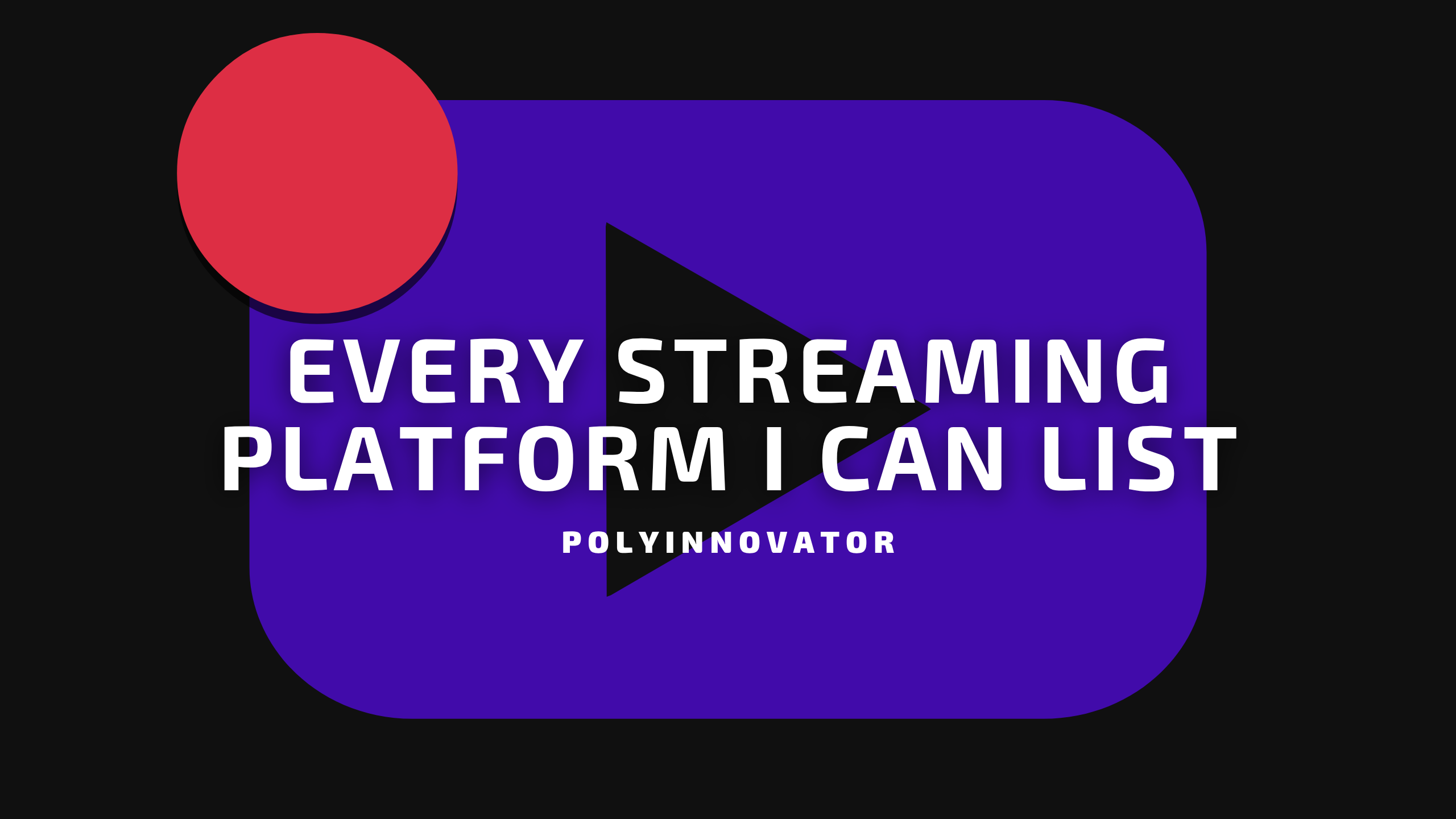When thinking of a polymath most of you might think of Leonardo Da Vinci, Benjamin Franklin, or Ada Lovelace. All of these are great examples, but how did they live their lives? What did they do to organize each of their days in order to accomplish the things they did. In their world they didn’t have as many polymathic heroes to model after.
However WE do, and we can learn from their successes or mistakes.
We must create our own Polymath Headquarters for ourselves, and let that be our base of operations for all of the various manners of life we involve ourselves in.
When Pursuing Multiple Targets…
The way I see life is that you pursue your interests. Whether it is a hobby like gaming, or your career, or somewhere in between. Those interests become your targets you want to hit in life.
You can't split yourself into two, so most of the time YOU WILL HAVE TO CHOOSE. That is not something polymaths like to hear, but in the day to day, week to week, there needs to be a focus.
In the grand scheme of things, not as much, and I think that is where a lot of people get confused. Specialists fail to realize that you have a lot more time on your hands in the yearly scale.
Not only that by switching or interleaving your interests, then your actual focus will be more greatly sustained, as you will be following your intuitive interest.
How to Manage Your Time
Now all of that ^ is great and all, but if you can manage your day. Then how in the world can you manage your year??
You start small.
I remember half a decade ago wondering to myself the same thing. How can I get all of these habits into my life regularly. Let alone the big endeavors, that I want to accomplish. Now I think a lesson to be learned is that it is more than likely going to take you LONGER than you initially calculate. So if you think 2 years, then change that to more like 4. If you think 1 year, then more likely it will take 2.
Have that reason in mind, create systems, and try to do as much as you can each day. This past weekend I barely wrote at all, but today I have written about three blog posts, so I am making up for lost time (sorta).
What is a HeadQuarters?
This is your base of operations, where you put down all of your ideas, and act upon all of the best ones.
Think about if you were firing on all cylinders what would that look like, and how could you organize all of those cannons at once?
These are the questions to answer, perhaps in a Notion Doc, and start to describe your ideal system. Then create a pattern to your inputs and outputs in life, and what those mean to you.
How do you Create an HQ for Yourself?
Otherwise known as a life operating system, there are many out there to choose from.
GetThingsDone or the Second Brain, they all came out before Notion was a twinkle in the eye. Meaning that they are not a perfect fit for what you can really do with the tool. At least August Bradley's PipesPillarsVaults system was made with Notion in mind, but I found it to be more for the sheer logical brains.
That isn't a bad thing, and Bradley's work is often the first thing I point people towards outside of my own. The next would be Thomas Franks'.
Note taking systems
Whether it is Zettlekasten, or perhaps something of your own device, the act of keeping track of ideas is crucial.
Think of this as part of your input system.
You take in a lot of information, from many different fields, and so you need to be able to take decent notes to keep things straight.
Content System
Now while I personally believe everyone is a content creator in their own way, that isn't to say you have to create things publically. Hence the bullet journal mentality, or the hidden blog post style.
So you write down your life within a secret database.
Conversely, you can be like me and write in the public space!
Habit tracking
From your dailys, to small habits to build out new projects/endeavors, they all need a way to be organized.
Creating a checkbox system, or perhaps a weekly database entry.
Using the right tool
While I think Notion is the right tool for polymathic people, there are plenty of other great ones out there. Here is a post as to why I have this opinion however:

What does Time Management mean for Polymaths?
It means the world to polymaths! This is because we only get the same amount of time as everyone else, maybe even less since we are diverting our focus. Not to mention life isn't always a sure thing.
You need to organize your endeavors, even if the variable is ten years at a time, and you choose to go down a more serialized approach.
Hence why I created my "phases" system, which can last from as little as year, to as long as a decade. Perhaps even longer, as I don't see them as "ending" per se, but rather putting off to the side burner once the main objective is complete.
Creating a Polymath HQ as Opposed to a Typical HQ
In conclusion of this long post I wanted to take a moment and state: Being a polymath doesn't mean you are "better", it just means you have a deep knowledge in many areas. So despite the fact that a Polymath HQ requires more, and is often MORE Helpful, it doesn't inherently mean it is better.
Rather it is what is just necessary for the generalist/polymathic minded people. Typical people often become specialists, or eventually polymathic themselves, and your needs for an HQ will adjust at that point.
![Official Website for Dustin Miller PolyInnovator [LLC]](https://polyinnovator.space/content/images/2025/03/polyinnovator-logo-2024.png)












